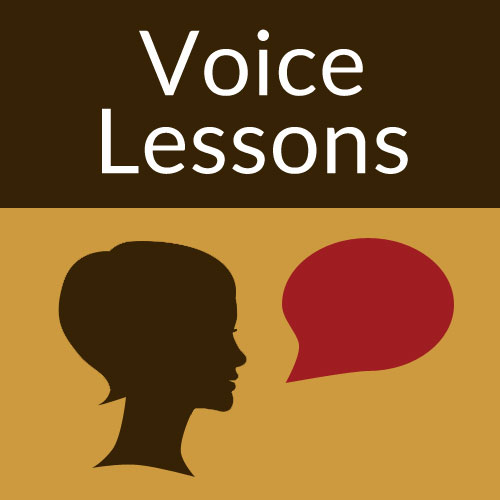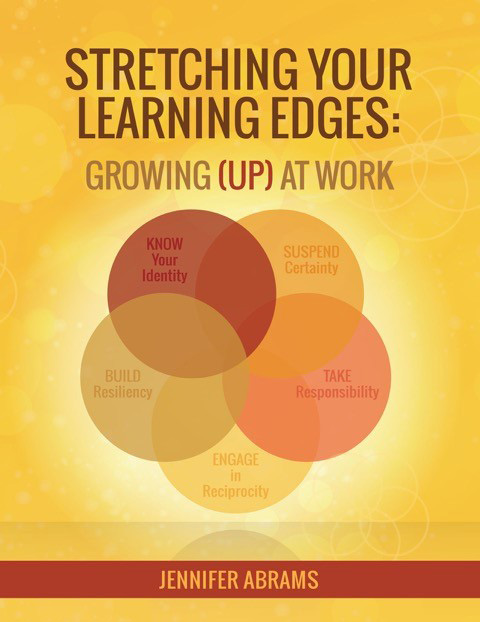Seeking Emotional Maturity?
November 1, 2019

When I was 14, I threw a party. It was a terrible party by any standard. There was music and food, but not much else. I invited friends over to talk. My mother tried to convince me that many of my friends would want to have a focus of some sort – something ‘fun’ to do – dancing, a game, something. I didn’t understand. I wanted to talk about feelings and what was going on in our lives and connect. Needless to say, the evening wasn’t a hit.
I went through my twenties in somewhat the same state. There was now drinking and sex to distract. And louder music. Yet, not a lot of real talk. Thankfully, the decades went by and talking about life, the world, and the universe got easier.
Now at 52 I am finding my own company quite interesting, actually. And the others I meet in my life are pretty cool too. The School of Life had an article on its site, 5 Signs of Emotional Immaturity in which it said, “Life is in the end far too short, far too interesting and far too lonely to spend very long around people who lack any interest in trying to be, where it counts, emotional grown ups.” Yes. I have tried to attend one of their weekend conferences (next one is in Barcelona but I am busy…). That group of attendees would be my kinda people.
I talk a lot in my workshops about being my best adult self. I strive. I seek. What does that look like In practice? For me, it’s
- Being open to disappointment and sadness and not letting it swamp me
- Being able to own ‘my stuff’, my responsibility in a situation
- Being aware of my biases, my privilege, my small mindedness
- Being able to apologize when I screw up
- Being able to laugh at myself – see my flaws and again not let it swamp me
- Be aware of my shadow, my jealousies and my vanity and manage them, humanely
So much growing up to do.
When I was younger I really did think that adults were adult. I see now that age is one thing. Maturity another. My work is evolving. I am working on designing learning experiences where we explore how to be our best adult selves. What does that take?
- Patience
- Discipline
- Compassion
- Perspective
- The list continues…
So much growing up to do. In 2020 I will start a new book and offer new learning opportunities about working from the inside out on being our best adult selves in whatever roles we choose to take. Leaders, teachers, health care workers, parents, colleagues, friends, etc.
And I am also excited to say I am joining the 2020 cohort of Meg Wheatley’s Warriors for the Human Spirit.
The ‘parties’ I go to and the ‘parties’ I throw are now so much more aligned with my being – the girl who wants to talk about life, the world, the universe, and more. Seekers, join me.
If you have any questions, comments or topic suggestions, please feel free to email me at Jennifer@jenniferabrams.com. I look forward to hearing from you!
Cool Resources
Some books and a website I think worthy of checking out.
CogSciSci’s The GoBag is a really cool link to a bunch of blog posts about learning and cognitive science in education from CogSciSci “Here, the #CogSciSci community has brought together a whole bunch of blogs, articles and research to help you answer the question “Why are you doing that?” This is far from an exhaustive list but instead aims to find writings that give a good rationale behind the choice explanation of particular areas of cognitive science and how they can be applied to the classroom.”
The Intelligent, Responsive Leader by Steven Katz, Lisa Ain Dack and John Malloy. Amazon writes, “Designed for leaders to learn and lead within the “middle space” between the seemingly opposing dynamics of district expectations and practitioner experience, this book advances the concept of the school as a learning organization. This innovative perspective guides leaders through an intentional, deliberate learning process to develop intelligent, responsive leadership practice.”
Transforming Teamwork: Cultivating Collaborative Cultures by Robert Garmston, Jim Roussin and Diane Zimmerman. Amazon writes, “In this ground-breaking resource, three experts in the field of education and teamwork each present one of three strands that, when woven together, support teamwork and forge collaborative interactions into a transformative way of working. ” These authors are some of my favorite people. Check it out.
Quality Implementation: Leveraging Collective Efficacy to Make “What Works” Actually Work by Jenni Donohoo and Steven Katz. Amazon writes, “Designed to overcome the biggest barriers to quality implementation and, thus, school improvement and student achievement, this book unpacks the powerful force of collective efficacy. The authors examine how this shared belief that the combined efforts of faculty members can positively influence student outcomes, is instrumental to establishing evidence-based practices for lasting change.”

